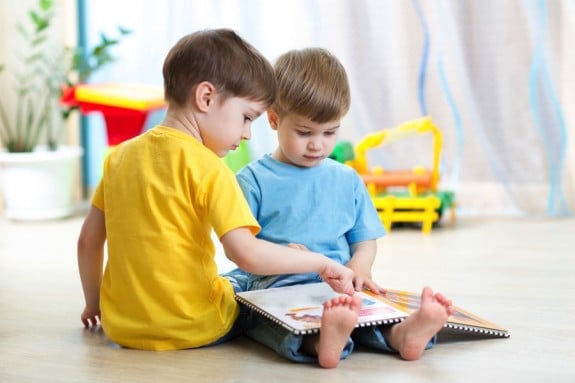Researchers say a child’s vocabulary at age two could indicate their level of success as adults. In a recent study, children with better academic and behavioral skills at the start of kindergarten often had better opportunities in education and society in the future. Specifically, Kindergarteners with higher reading and math scores are more likely to go to college, own homes, be married, and live in higher-income neighborhoods when they are grown.
Children’s vocabulary by age 2 was an important indicator of their school readiness. Children with larger vocabularies began Kindergarten more prepared both academically and behaviorally compared to their peers.
Researchers took into account a variety of background differences such as sociodemographics, and experiences like parenting quality to more accurately isolate the role of vocabulary size.
The gaps in vocabulary were apparent between specific groups of children as early as age 2. Children from higher-income families, females, and those with higher-quality parenting had larger vocabularies, while children born with very low birth weight or from mothers who had health problems had smaller vocabularies.







